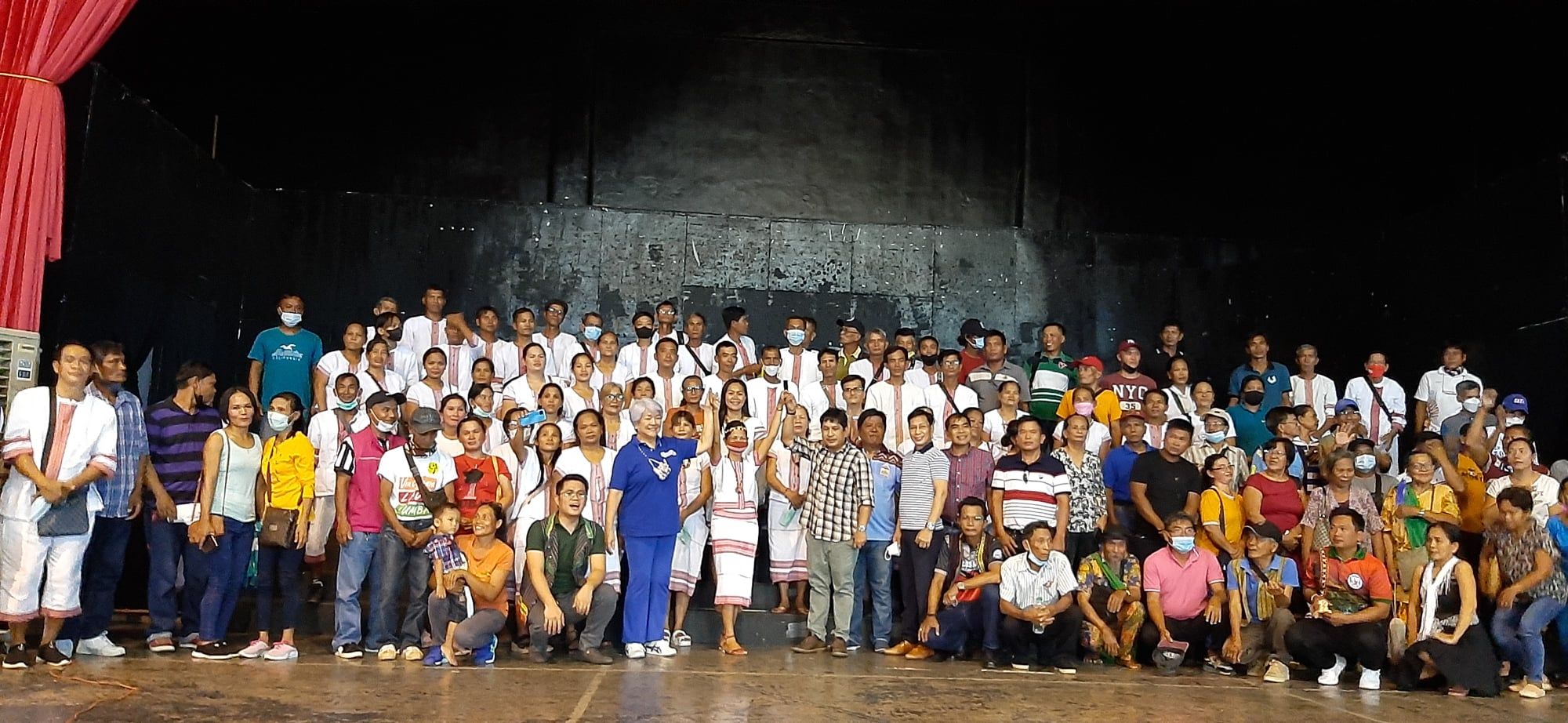
Indigenous Cultural Communities in Ilocos Norte elect their first representative to the Ilocos Norte provincial board during an election on Tuesday, November 15 (Photo courtesy of NCIP).
BAGUIO CITY—Bringing the voice of the Indigenous Peoples to the provincial government, a member of the Tingguian tribe of Nueva Era town was chosen to become the first Indigenous Peoples Mandatory Representative (IPMR) to the Ilocos Norte provincial board.
In a statement on Wednesday (Nov. 16), the provincial National Commission on Indigenous Peoples (NCIP) said child development worker Cheryll Tabangay was selected by the majority of the Indigenous Peoples selection body in an election held on Tuesday.
Tabangay’s selection was described as historical, as she was the first to be elected by members of different Indigenous Cultural Communities (ICCs) in the province to represent them and their “general concerns and welfare” at the provincial council.
In an open nomination and following election guidelines that the ICCs themselves crafted, 53-year-old Tabangay won against Lorenzo Agwarnak Padama, a 66-year-old member of the Yapayao tribe of Dumalneg town.
The NCIP said that at least 141 members from 30 organizations comprising the ICCs in the province participated in the election.
Both Tabangay and Agwarnak were allowed to present their platforms and plans to push the IP agenda in the provincial council. But, in the end, Tabangay prevailed by obtaining 78 votes compared to Padama’s 63 votes.
Tabangay, who shall sit as an ex-officio board member of the provincial board, said she would advance the rights and welfare of IPs, particularly the younger ones, to have quality education.
Under Republic Act No. 8371, also known as “The Indigenous Peoples’ Rights Act of 1998,” the ICCs or IPs have the right to “participate fully, if they so choose, at all levels of decision-making in matters which may affect their rights, lives, and destinies through procedures determined by them as well as to maintain and develop their own indigenous political structures.”
The same law mandates they shall have “mandatory representation in policy-making bodies and other local legislative councils.”